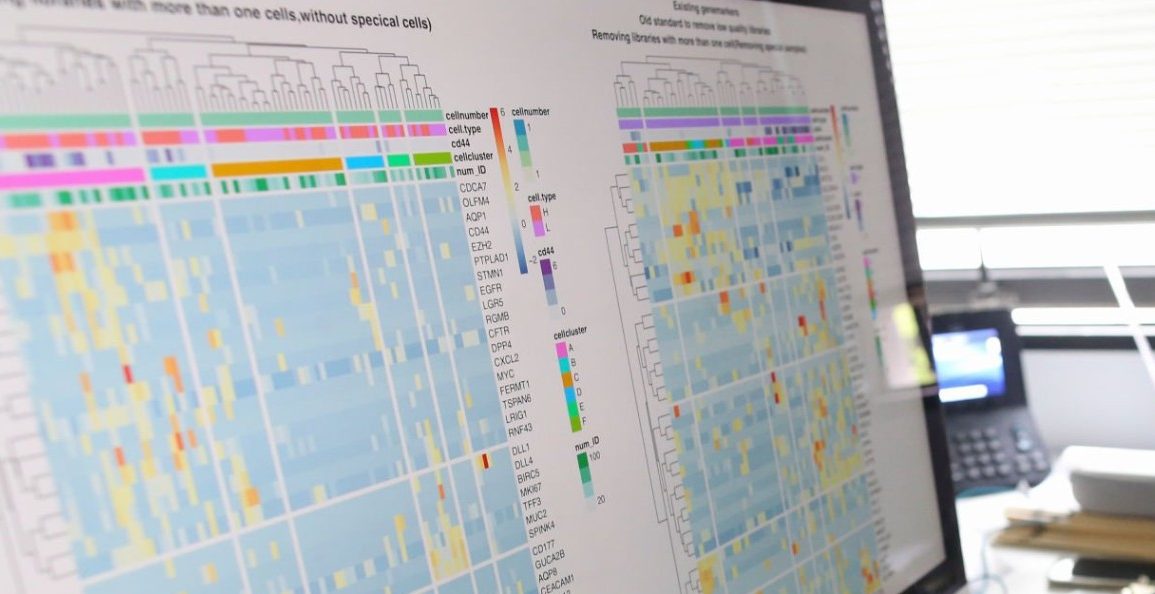A recent United Nations summit in Colombia has led to an agreement to establish a fund to ensure the equitable sharing of profits from digitally sequenced genetic data derived from plants and animals.
These genetic data, often originating from species found in poorer countries, are used in high-profit industries, such as pharmaceuticals, cosmetics, and biotechnology. However, the communities that originally discovered the usefulness of these species have rarely seen any benefits.
The issue of sharing profits from such genetic data has been a point of contention at the 16th Conference of Parties (COP16) to the UN’s Convention on Biological Diversity (CBD) in Cali, Colombia.
This debate followed the previous summit, COP15 in Montreal, where the idea of creating a “multilateral mechanism” for sharing these benefits was introduced.
After nearly two weeks of discussions, the delegates at COP16 agreed to form a “Cali Fund” to ensure fair compensation for communities that contribute to the genetic data used by industries.

The agreement establishes that businesses profiting from the use of digital sequence information (DSI) should contribute a portion of their earnings to the global fund.
Companies that exceed a specific income threshold will contribute one percent of their profits or 0.1 percent of their revenue to this fund. The sectors targeted include pharmaceuticals, cosmetics, food supplements, agribusiness, and biotechnology.
UN Secretary-General António Guterres emphasized the importance of this agreement, highlighting how developing countries are often “plundered” for their rich biodiversity while receiving little in return.
He stressed that while digitized DNA is essential for scientific innovation and economic development, the countries that harbor these resources are left out of the financial benefits.
Despite long hours of negotiation and minor disputes over the details, the creation of the Cali Fund marks a significant step toward ensuring that communities in developing countries are compensated fairly for the genetic resources they contribute to global industries.
The fund is expected to promote a more balanced and ethical approach to the use of biodiversity for profit.

